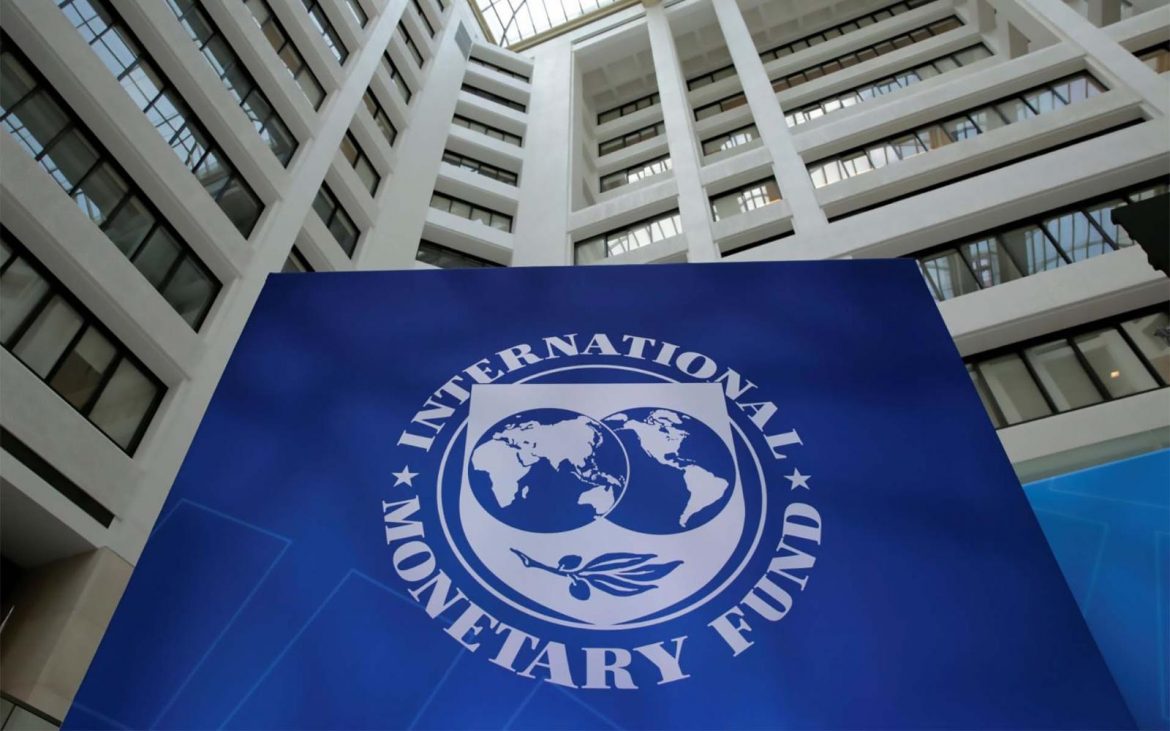729
By Daniel Adaji
Nigeria currently owes 306.81 million Special Drawing Rights in emergency loans to the International Monetary Fund, according to the latest financial position report published by the global lender accessed by our reporter on Monday.
The IMF data reveals that Nigeria has no active Stand-By Arrangements, with the last such arrangement approved on August 4, 2000, and expiring on October 31, 2001, without any funds being drawn. The outstanding 306.81 million SDR falls under emergency assistance, which may include the Rapid Financing Instrument or other IMF emergency support mechanisms.
The report states “Nigeria’s outstanding purchases and loans in the IMF’s General Resources Account stand at 306.81 million SDR, representing 12.50 per cent of the country’s total quota.”
This emergency assistance was part of the IMF’s support during economic challenges, such as the COVID-19 pandemic and oil price shocks.
Special Drawing Rights are international reserve assets created by the IMF and are valued based on a basket of major global currencies, including the U.S. dollar, euro, Chinese yuan, Japanese yen, and British pound sterling. While SDRs are not a traditional currency, they serve as a unit of account and facilitate international transactions.
At the current exchange rate of approximately 1 SDR to 1.33 USD, Nigeria’s outstanding debt equates to about $408m. The repayment schedule shows that the country is expected to pay the principal amount of 306.81 million SDR in 2025, with additional charges and interest extending beyond that year.
Despite this debt, Nigeria has consistently met its financial obligations to the IMF without any overdue payments.
Between late 2023 and mid-2024, the country repaid approximately $1.22bn to the IMF, further demonstrating its commitment to managing external debt responsibly.
With no active Stand-By Arrangements, Nigeria’s current relationship with the IMF focuses on ongoing repayments and economic stability. However, the country’s reliance on emergency financing underscores the persistent economic challenges requiring international financial support.



